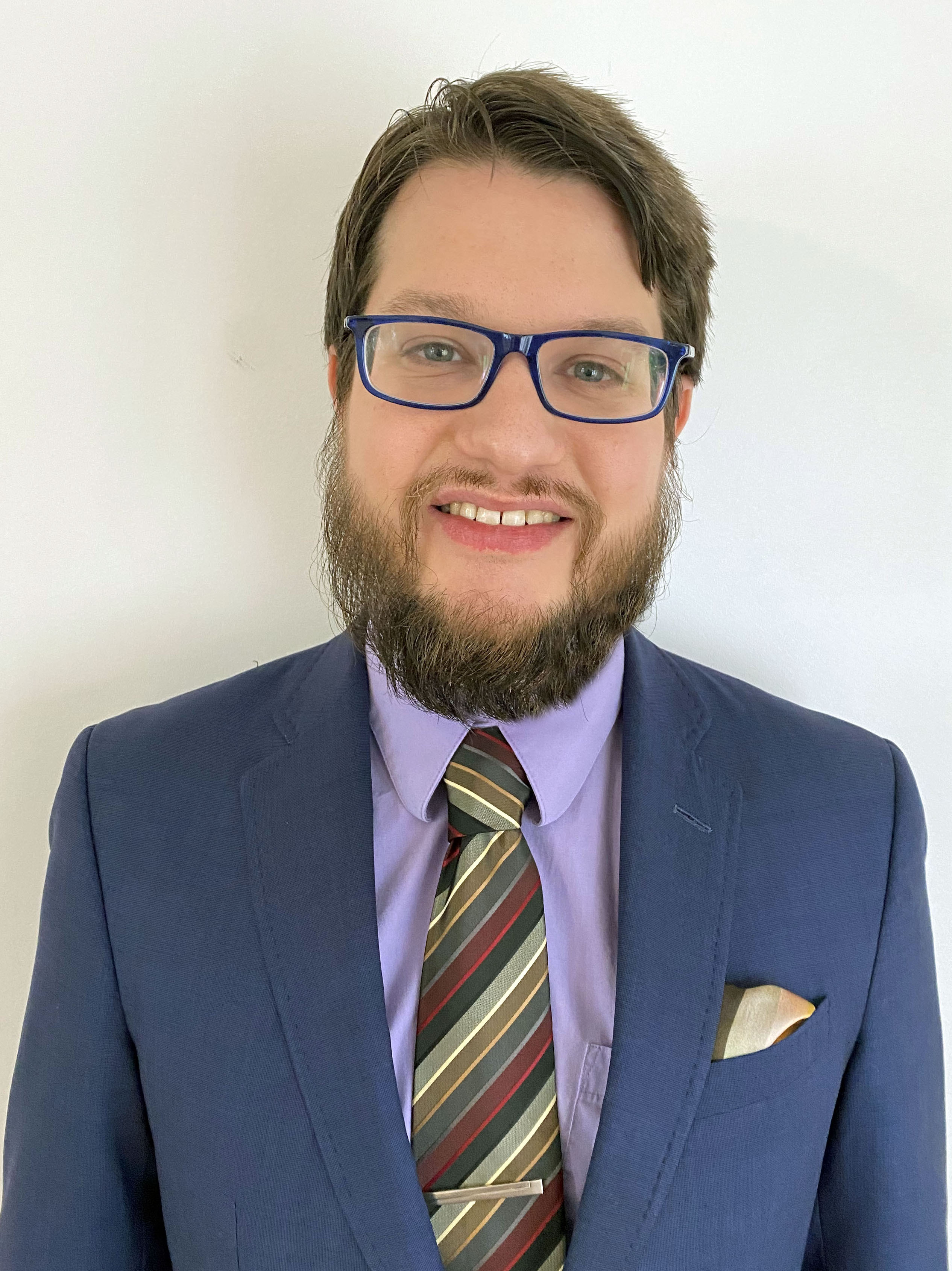Jonah Comstock
NantHealth, the personalized medicine company founded by Patrick Soon-Shiong, MD, has registered for a $92 million initial public offering. That number may seem low for a company used to securing nine-figure investments, but it is likely just a placeholder.
Marking a "new chapter as a company," Nokia Technologies announced Tuesday that it plans to acquire French connected health device maker Withings for $191 million.
Most Google Glass-focused startups have pivoted away from healthcare, but Augmedix is keeping its sights set on helping physicians.
The app, part of a broader strategy to make the hospital’s medical knowledge available to consumers, can offer simple advice about fever and medication to parents.
Stanford integrates Apple HealthKit, Epic EHR and Dexcom device to improve diabetic care between vi…
Researchers say that pilot program demonstrates how readily available technologies can be used along with an EHR to improve communication between doctors and patients with type 1 diabetes.
At the same time that it revealed CareKit, Apple announced that ResearchKit would be updated to more easily make use of genetic data, via a module designed by consumer genetics company 23andMe.
A new study by the Scripps Translational Science Institute has found no short-term benefit in health costs or outcomes for patients who monitored their health with connected devices, whcih comes as a blow to the booming mobile health market.
